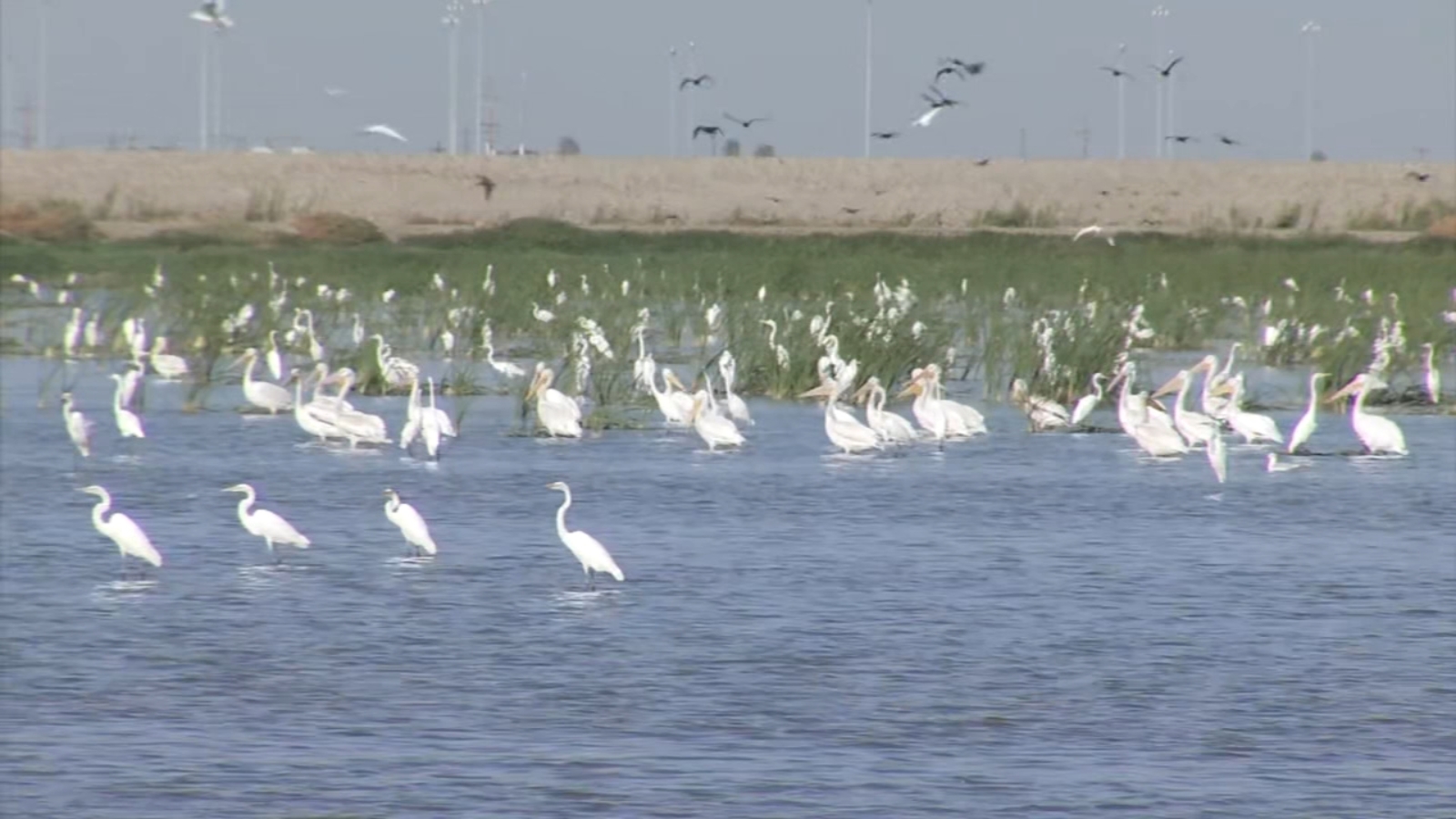Infection
Efforts to control infectious bird disease continue at Tulare Lake
KINGS COUNTY, Calif. (KFSN) — The California Department of Fish and Wildlife is patrolling Tulare Lake daily.
They are on a mission to rescue as many birds as possible, as the water contains a disease proven to be deadly to birds.
The historic rainfall in the Central Valley this year has caused Tulare Lake to re-emerge.
It’s something that hasn’t happened in decades.
At its height, the lake was at about 120,000 acres, but it’s now closer to 50,000 acres.
Without a proper outflow, infectious diseases become trapped in the water.
This includes Avian Botulism, which is caused by fly larvae.
“What kills the bird is their muscles and their necks become weak, their heads droop into the water, and they end up drowning,” said Steve Gonzalez with the California Department of Fish and Wildlife.
The department has been monitoring conditions daily.
They have saved hundreds of birds- but have already seen over 2,500 deaths this year.
“The reason that we’re out here in 1983 there was that Tulare Lake reemerged, and 30,000 birds died due to avian botulism. So, we have people that work for us that remember when that happened, and to prevent that, we were proactive on getting out there getting a plan together, responding early to try and prevent a big bird die off,” mentioned Steve.
Up to a million birds could migrate through the area in the coming months as they continue their journey south.
And although the water has been receding- because of the heat- that can all change if we have a wet winter.
“I think the water will continue to recede, so I don’t think the winter will affect it too much. But of course, if we have an El Nino year with a lot of rain and a lot of snow, then certainly I think the lake could return dramatically,” said Nate Ferrier with the Kings County Sheriff’s Office.
The CDFW says their on-site hospital has been helpful for birds that show symptoms of the disease.
They focus on rehydrating and rehabilitating the birds.
“What’s pretty exciting is, if we get a sick bird, it comes into the hospital within 24 hours. You can already see the bird regaining strength and looking healthy. So we’re doing everything we can to rescue these birds and release them back into the wild,” explained Steve.
The California Department of Fish and Wildlife does mention that avian Botulism does not impact humans.
If you do see a bird that appears to be sick, make sure you call the CDFW.
You can call Regulations and Enforcement Information at (707) 944-5549, the Cal Tip Hotline at (888) 334-2258 or visit their website here.
For news updates, follow Kassandra Gutierrez on Facebook, Twitter and Instagram.

